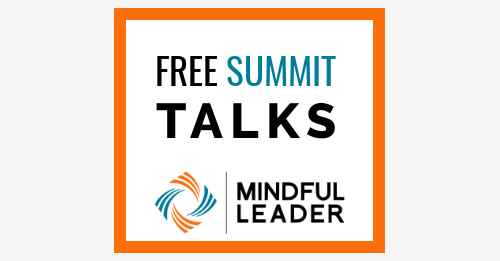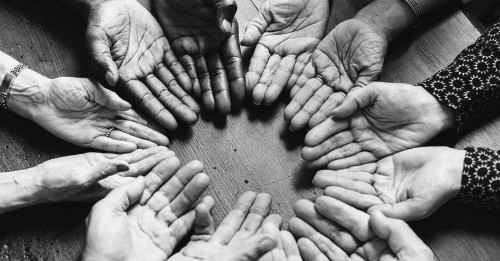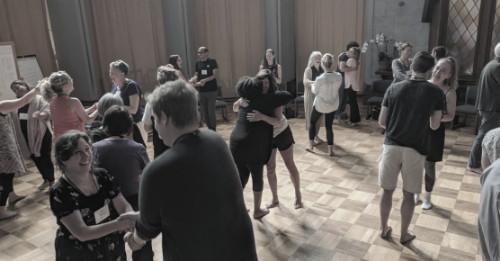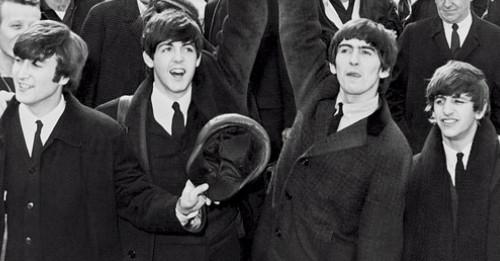Blog
Deconstructing Unconscious Bias Using Neuroscience & Mindfulness
See how neural mechanisms underlie unconscious bias and learn how to provide a framework for mindful and compassionate observation. Discover how to deconstruct your biases, and how to activate neural pathways that enable you to more effectively engage with people whose perspectives may be very different from your own.
This Free Summit Talk has Expired

Due ("Zway"), author of Calm Clarity: How to Use Science to Rewire Your Brain for Greater Wisdom, Fulfillment and Joy, is the founder and…
Mindfulness and Racial Justice
By Rhonda Magee, guest contributor
What we call the self is shaped by the cultures in which we live. And because race is a cultural feature of societies built on racism, notions of self include notions of race. The racialized self is produced by and helps reproduce racism in our cultures. Mindfulness helps us understand and expand our notions of race. And yet, talking about race and racism and examining these through the lens of mindfulness is uncommon. This is not to say that it is not being d…
Creating a New Myth For Business - The Healing Organization
By Raj Sisodia and Michael Gelb, guest contributor
The dominant narrative about business remains focused narrowly on generating as much profit and growth as possible. This is done by generating as much revenue as possible, which means selling as many products as possible to as many people as possible at as high a price as you can get away with, whether people benefit from these products or not. Since profit equals revenue minus cost, traditional businesses also look to minimize costs. They do …
Reflections from 2019 Garrison & Mindful Leader Un-Retreat
By Michael Doyle
Our careers provide us the opportunity to contribute to society, help us support ourselves and our families, and give us a sense of purpose of fulfillment. But for a great many people, the gap between this ideal scenario and their day-to-day seems to only get wider, as their working lives become more and more stressful and frustrating.
The benefits of bringing mindfulness into the workplace are well-documented, and yet it can be challenging to win over reluctant colleagues an…
Is Meditation Selfish? Ask John & George
By Mo Edjlali
I've recently have had a great many questions spurred on by some of the critics of what is happening with Mindfulness. My conversations with folks like Professor Ron Purser, Professor Candy Brown, Assistant Professor Jaime Kucinskas, Professor David Forbes, and independent scholar Glenn Wallis have me thirsty for more intellectual debate. When it comes to mindfulness & meditation where can we find good debate and discussion? Have we created a tone that welcomes dialogue or that s…
How to Motivate Yourself with Kindness
10 Reasons to Integrate Mindfulness Practice with Your Work
By Marc Lesser, guest contributor
Company Time is a series of one-day and weekend retreats that I have been co-leading at Zen Center’s Green Gulch Farm for the past 20 years. These retreats are for people interested in integrating mindfulness practice into their work, for those looking for ways to make their work more meaningful and more connected to their deepest values, and/or for those considering some kind of career or life change.
In these retreats, our role as teachers is to ask questio…
Mindfulness: Disrupting Oppression in the Workplace
By Regina Smith, guest contributor
I am a black woman in my mid-forties and a senior executive at a small progressive predominantly white organization. I have approximately 10 direct reports, and I report to the president. Of the people who report to me, two are people of color (male-identified), and none of the other executives who report to the president are people of color. Even at a liberal and progressively-minded spiritually-based organization, the air we breathe is still the air of domi…
Mindfulness @SAP: The Journey, Tactics, & Strategies Behind One of the World's Most Successful Mindfulness at Work Programs
In this session, Peter Bostelmann provides an overview to how the company SAP has successfully implemented a Global Mindfulness Practice inside their organization. Currently, there are 6,500+ SAP employees who have completed the 2 day ‘Search Inside Yourself Leadership Institute’ mindfulness training program (since 2012), with a growing waitlist of 5,500+ employees excited to attend the training. He provides insights and guidelines for organizational initiatives to deliver mindfulness trainings,…
Are You Living on Autopilot?: How Mindful Leadership Training Can Bring You Back to the Present
By Janice Marturano, guest contributor
Is it September? What happened to the summer?
Stop for a minute. Do you ever feel this way? How could it already be September? It feels like it was just May.
Or do you ever look at the time and wonder, how could it be 6 pm? I’m exhausted, but I’m not sure what I accomplished today. My “to-do” list seems just as long, maybe longer, than it was this morning.
This certainly was often true for me. As a senior executive, my days were always filled with meeti…








